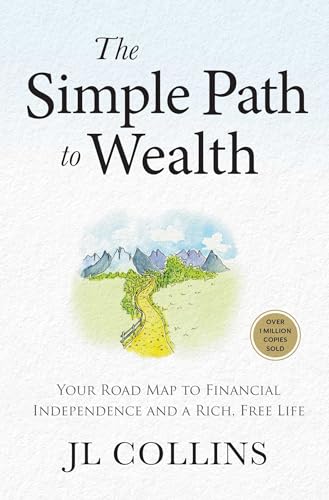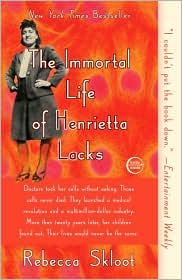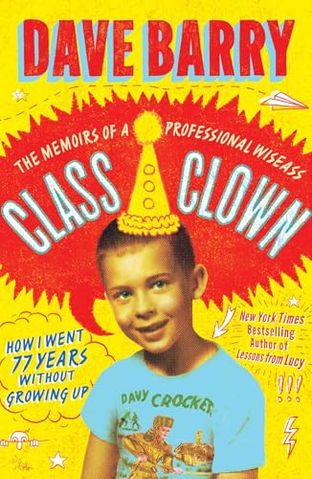Review of The Simple Path to Wealth
by Johny McFliggen, PhD Literature & Business, Oxford
Ah, "The Simple Path to Wealth" by the venerable JL Collins. When one stumbles upon a book promising to unravel the Gordian knot of personal finance with such ease, it's hard not to approach with a mix of skepticism and intrigue. Collins, a luminary in the ever-expanding universe of financial self-help, serves up a veritable feast of financial wisdom stripped of the usual garnish of jargon and overcomplication.
In a world where financial advice often resembles the convoluted plots of a Christopher Nolan film, Collins offers a narrative as straightforward as Forrest Gump's running route. His prescription for financial independence is deceptively simple: eschew the siren call of consumerism, shun debt like it’s a Game of Thrones finale, and invest religiously in low-cost index funds. It's the kind of straightforwardness that would make even Ron Swanson nod in approval.
Collins' prose is refreshingly devoid of pretense. He channels a sagacity reminiscent of Warren Buffett but with the accessibility of a TED Talk on autoplay. For those whose understanding of investing is akin to their grasp on quantum physics, Collins is a patient guide, holding your hand as he navigates the labyrinthine world of finance. He deftly demystifies concepts like compound interest, which, if you believe Collins, is less an arcane financial term and more akin to a superpower—one that makes you wonder why it hasn't been the subject of its own Marvel movie yet.
The book's emphasis on Vanguard's broad market index funds might seem rather monotonous to the seasoned investor who treats stock picking like a high-stakes poker game. However, therein lies its genius. Collins' advice is not about beating the market in a flashy display of bravado but about steady accumulation—a slow and steady wins the race philosophy that might seem quaint in our age of instant gratification.
Critics may argue that Collins' work lacks the complexity needed for those entangled in more sophisticated financial situations. But that criticism misses the point entirely. "The Simple Path to Wealth" is not for the high-flyers already orbiting the financial stratosphere but for the everyman (or woman) seeking to break free from the shackles of financial ignorance.
Comparisons to other titans of personal finance literature are inevitable. The echoes of "The Millionaire Next Door" and "Your Money or Your Life" are palpable, yet Collins carves out his own niche with a focus on behavioral finance that feels both modern and timeless. It's a testament to his skill that readers walk away with not just knowledge but a paradigm shift in their relationship with money—a transformation akin to Neo unplugging from The Matrix.
In conclusion, JL Collins' "The Simple Path to Wealth" is a masterclass in financial minimalism—a must-read for anyone who dreams of financial independence but finds themselves lost in the cacophony of Wall Street's more esoteric counsel. It is, quite literally, what it says on the tin: simple, effective, and potentially life-changing.
Purchase Link: The Simple Path to Wealth on Amazon



